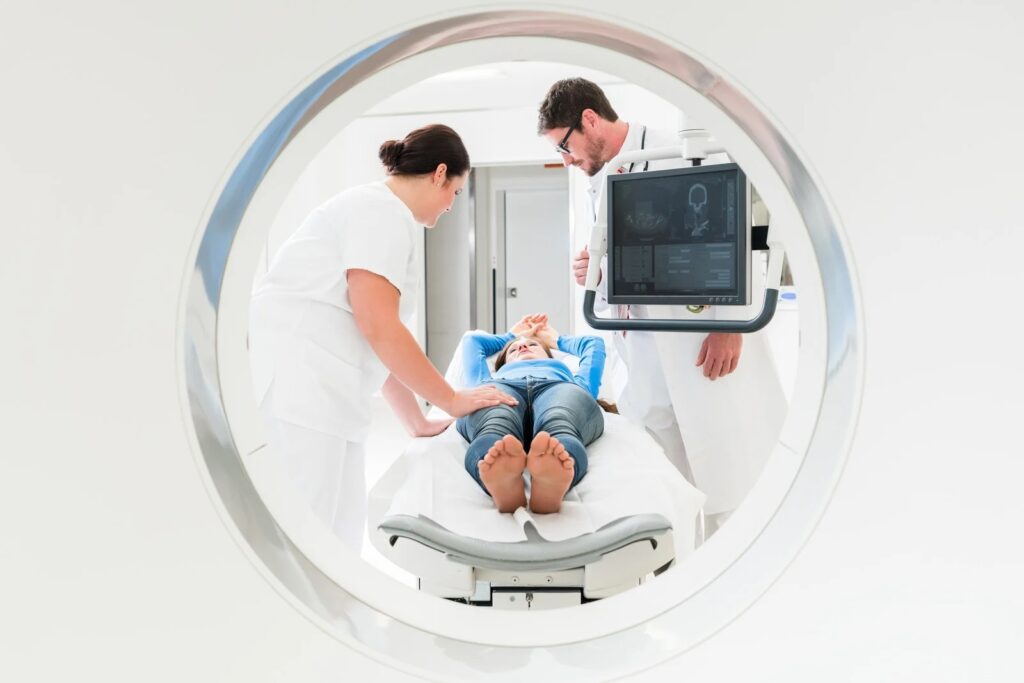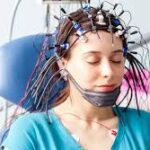CT Scan Near Me: A Comprehensive Guide to Finding the Right Diagnostic Center
If you’ve been searching for a “CT scan near me,” it’s likely that you need quick and reliable medical imaging services. Whether it’s for a routine check-up or to investigate a specific health concern, finding the right place to get a CT scan is crucial. This article provides an in-depth guide to help you understand the importance of CT scans, what you can expect during the procedure, and how to find the best diagnostic center near you.
What is a CT Scan?
A CT scan (computed tomography) is a type of medical imaging that combines X-rays and computer technology to create detailed cross-sectional images of the body. This scan allows healthcare professionals to observe internal organs, blood vessels, bones, and soft tissues in a non-invasive manner. Unlike regular X-rays, which only produce flat images, CT scans provide detailed and multi-dimensional views of the body, making them incredibly useful for diagnosing a wide range of health conditions.
How Does a CT Scan Work?
During a CT scan, the patient lies on a table that slides into a large, doughnut-shaped machine. The CT scanner uses X-rays to take multiple images from different angles, which are then compiled by a computer to create cross-sectional images of the body. These images are displayed on a screen, allowing doctors to closely examine the area of concern.
CT scans can be used to examine various parts of the body, including the brain, chest, abdomen, and pelvis, helping doctors diagnose conditions such as cancer, heart disease, infections, and trauma.
Why Should I Get a CT Scan Near Me?
The decision to get a CT scan near me often arises when a doctor needs detailed imaging to diagnose a condition or evaluate the progress of a known health issue. For example, if you have been experiencing unexplained pain or symptoms, your doctor may recommend a CT scan to get a clearer picture of what is going on inside your body.
Having a CT scan close to your location has several advantages:
- Convenience: No need to travel far for your scan.
- Quick Results: Immediate access to diagnostic results.
- Comfort: Being near home reduces anxiety associated with medical procedures.
How to Find the Best CT Scan Center Near Me
When searching for a CT scan near me, you’ll want to find a reliable center that offers high-quality services at competitive prices. Here are some factors to consider when choosing a diagnostic center:
1. Location and Accessibility
The closer the center, the better. You want a facility that is easy to access, especially if you require immediate attention. A local diagnostic center can save you time and reduce stress, especially if you’re dealing with a medical condition that requires follow-up scans.
2. Technology and Equipment
Make sure the diagnostic center uses the latest CT scanning technology. Modern CT scanners offer higher image quality, faster scan times, and lower radiation exposure. Don’t hesitate to ask about the equipment being used at the center.
3. Reputation and Reviews
Check online reviews or ask your doctor for recommendations. Patient reviews can provide valuable insight into the quality of service, accuracy of results, and overall experience. Choose a center with a strong reputation for providing accurate and timely results.
4. Cost and Insurance
Compare prices and check if the center accepts your insurance. Some centers may offer discounts or packages, especially if you’re paying out-of-pocket. However, always prioritize quality and accuracy over cost alone.
5. Professional Staff and Customer Service
The staff at the CT scan center should be professional and well-trained. They should be able to answer your questions, explain the procedure, and make you feel comfortable throughout the process. Good customer service can make a big difference in your experience.
What to Expect During a CT Scan?
Knowing what to expect during a CT scan can help ease your nerves. Here’s a step-by-step guide:
Before the Scan
- Preparation: Depending on the type of scan, you may be asked to fast for several hours or avoid certain medications.
- Contrast Dye: Some CT scans require a contrast dye, which can be injected into your vein to highlight certain areas of the body. The dye may cause a warm sensation, but it is generally safe.
- Clothing: You may need to change into a hospital gown before the procedure.
During the Scan
- Positioning: You will be asked to lie on a table that moves through the scanner. The technologist may need you to hold your breath briefly during the scan to avoid blurry images.
- The Machine: The CT scanner will rotate around your body to capture images. The process is painless and typically takes 10-30 minutes, depending on the area being scanned.
After the Scan
- Post-scan Instructions: If you had a contrast dye, you might be advised to drink plenty of fluids to help flush it out of your system.
- Results: Your doctor will receive the results and discuss them with you. In some cases, results can be available the same day.
CT Scan Risks and Safety Considerations
Although CT scans are generally safe, there are some risks associated with them. These include:
Radiation Exposure
CT scans use X-rays, which means you are exposed to a small amount of radiation. However, the benefits of accurate diagnosis generally outweigh the risks, especially in life-threatening situations. If you’re concerned about radiation, talk to your doctor about alternative imaging options.
Contrast Dye Allergies
Some people may have an allergic reaction to the contrast dye used in certain CT scans. Always inform your doctor or technician if you have any allergies.
CT Scan Cost and Insurance Coverage
The cost of a CT scan can vary based on factors such as location, the type of scan, and whether or not contrast dye is used. On average, a CT scan can cost anywhere from $300 to $3,000.
Most insurance plans cover CT scans when medically necessary, but you should confirm with your insurance provider to understand what is covered and if you need pre-authorization.
Conclusion
When looking for a CT scan near me, it’s important to consider factors like proximity, technology, cost, and customer service. CT scans are invaluable tools in diagnosing a wide range of medical conditions, providing doctors with the necessary images to make accurate decisions. By choosing a reliable diagnostic center, you can ensure that you receive high-quality imaging and care.
Remember, whether you’re looking for an affordable option or need a quick diagnosis, the right CT scan center will offer both convenience and top-notch service.
FAQs about CT Scans
1. What is the difference between a CT scan and an MRI?
A CT scan uses X-rays to create detailed images of the body, while an MRI uses strong magnets and radio waves. CT scans are faster and better for bone and tissue imaging, whereas MRIs are more effective for soft tissue examination.
2. How long does a CT scan take?
A CT scan typically takes 10-30 minutes, depending on the area being scanned. The preparation time may take additional minutes.
3. Is a CT scan painful?
No, a CT scan is not painful. You may feel a bit uncomfortable while lying on the table, but the procedure itself is painless.
4. Can I drive after a CT scan?
If you did not receive contrast dye or sedation, you should be able to drive immediately after a CT scan. However, if you received a contrast injection, you may want someone to drive you home.
5. How often should I get a CT scan?
The frequency of CT scans depends on your medical condition and the advice of your doctor. Routine CT scans are typically not necessary unless recommended for specific conditions.
6. Can a CT scan detect cancer?
Yes, CT scans can detect tumors and other signs of cancer in various parts of the body. However, additional tests may be required for confirmation.
7. Are there any risks associated with CT scans?
The main risk of a CT scan is radiation exposure, but the amount is minimal and considered safe for most patients. Pregnant women and young children should only undergo CT scans if absolutely necessary.
8. What should I wear during a CT scan?
You may be asked to change into a hospital gown. It’s also a good idea to avoid wearing jewelry or metal items, as they can interfere with the scan.
9. How do I prepare for a CT scan?
Preparation varies depending on the type of scan. You may be asked to fast for a few hours or avoid certain medications. Always follow your doctor’s specific instructions.
10. Can a CT scan show soft tissue damage?
Yes, CT scans can show soft tissue damage, but they are better suited for viewing bones and internal organs. For better soft tissue imaging, an MRI may be recommended.


